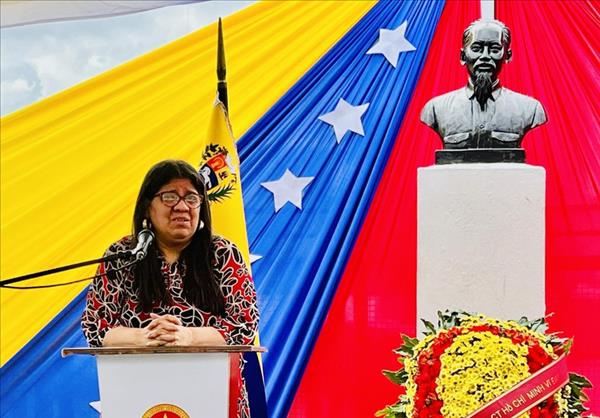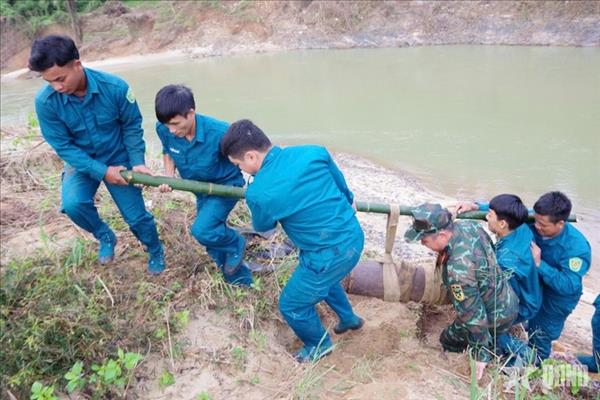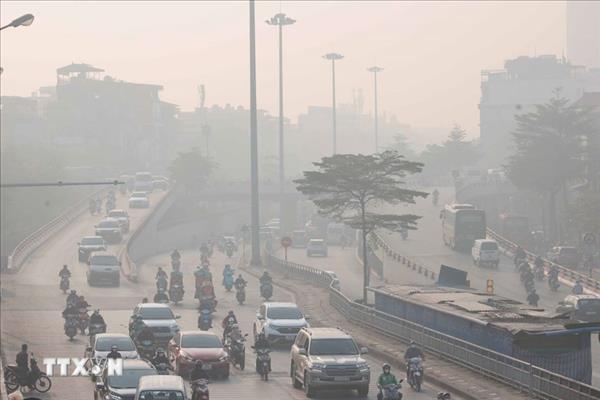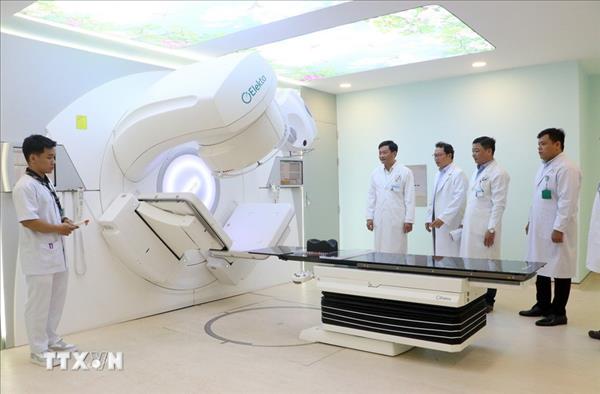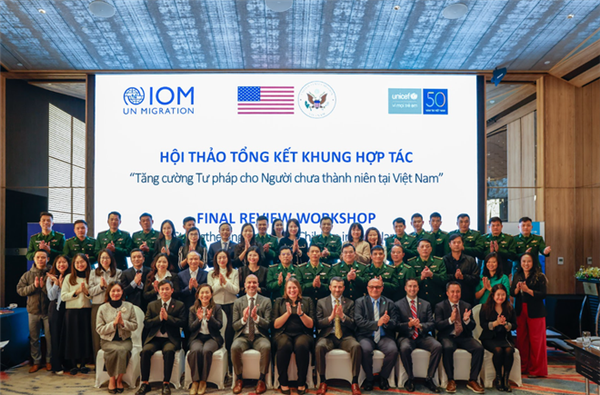Hanoi, December 21 (VNA) - The sustainable development of the Mekong Delta must go in hand with its long-term ability to recover and adapt to the multi-dimensional impacts of climate change, Deputy Prime Minister Trinh Dinh Dung has said.
Deputy PM Dung on December 19 chaired a meeting in Hanoi on a project to adjust the construction planning of the Mekong Delta.
The meeting was attended by construction, investment and planning leaders and people from the agricultural and rural development ministries and the Government Office.
|The project was planned by the Ministry of Construction’s Southern Institute for Spatial Planning (SISP) and examined by a Belgium-US consulting firm.
It aims to attain sustainable development geared towards “green growth” and adaptation to climate change in the Mekong Delta, and helping the area to reach an important position in the country and Southeast Asia.
Speaking at the meeting, Deputy PM Dung said he appreciated the efforts of SISP, the consulting firm, and local and international scientists in developing the project.
He said the project had the right approach to issues concerning the delta, starting from a comprehensive evaluation of internal and external factors, to developing effective scenarios to response and adapt to climate change.
Apart from visible external factors such as climate change, sea level rise, and impacts from the exploitation of hydropower from the upper Mekong River, the negative and positive impacts of internal factors such as the eco-socio development process and investments in construction activities should also be intensively evaluated, Dung said.
“This evaluation will serve as the foundation for further analysis and identification of challenges posed by climate change and the delta’s internal development,” he said. "Water management is of utmost importance since water is the core attribute of the Mekong Delta.", he added.
The Deputy PM said the project should provide a comprehensive evaluation on the storage of both groundwater and surface water and propose options for protecting the area’s water resources.
Other issues that should be focused on were energy, industrial development and minimum height of constructions, he said.
He requested the Ministry of Construction to direct research parties to collaborate with expert agencies to research, evaluate, and propose development strategies.
The Mekong Delta has been identified as a key area for agricultural, aquaculture production and fruit growing in the country. It greatly contributes to national food security and plays an important role in exporting farm products to international markets.
The region’s population is expected to reach 18-19 million by 2030, of which 6.5-7.7 million will live in urban areas, in accordance with the urganisation rate of 35-40 percent and average growth rate of 2.4-3.3 percent.
Deputy PM Dung on December 19 chaired a meeting in Hanoi on a project to adjust the construction planning of the Mekong Delta.
The meeting was attended by construction, investment and planning leaders and people from the agricultural and rural development ministries and the Government Office.
|The project was planned by the Ministry of Construction’s Southern Institute for Spatial Planning (SISP) and examined by a Belgium-US consulting firm.
It aims to attain sustainable development geared towards “green growth” and adaptation to climate change in the Mekong Delta, and helping the area to reach an important position in the country and Southeast Asia.
Speaking at the meeting, Deputy PM Dung said he appreciated the efforts of SISP, the consulting firm, and local and international scientists in developing the project.
He said the project had the right approach to issues concerning the delta, starting from a comprehensive evaluation of internal and external factors, to developing effective scenarios to response and adapt to climate change.
Apart from visible external factors such as climate change, sea level rise, and impacts from the exploitation of hydropower from the upper Mekong River, the negative and positive impacts of internal factors such as the eco-socio development process and investments in construction activities should also be intensively evaluated, Dung said.
“This evaluation will serve as the foundation for further analysis and identification of challenges posed by climate change and the delta’s internal development,” he said. "Water management is of utmost importance since water is the core attribute of the Mekong Delta.", he added.
The Deputy PM said the project should provide a comprehensive evaluation on the storage of both groundwater and surface water and propose options for protecting the area’s water resources.
Other issues that should be focused on were energy, industrial development and minimum height of constructions, he said.
He requested the Ministry of Construction to direct research parties to collaborate with expert agencies to research, evaluate, and propose development strategies.
The Mekong Delta has been identified as a key area for agricultural, aquaculture production and fruit growing in the country. It greatly contributes to national food security and plays an important role in exporting farm products to international markets.
The region’s population is expected to reach 18-19 million by 2030, of which 6.5-7.7 million will live in urban areas, in accordance with the urganisation rate of 35-40 percent and average growth rate of 2.4-3.3 percent.
VNA/VNP

